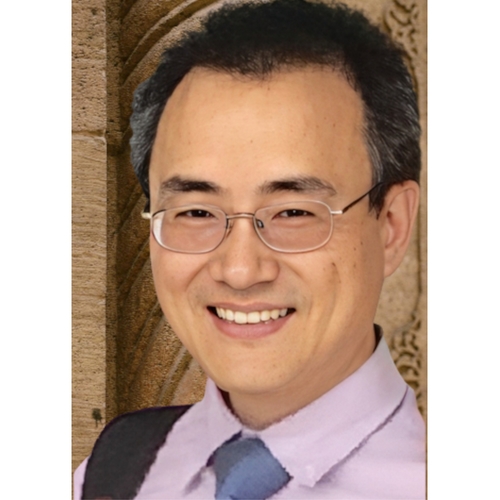
Yang Zhang
164 Pillsbury Dr SE
Minneapolis,
MN
55455
The acquisition of language skills is a quintessential human characteristic reflecting how the brain reinvents itself in endless possibilities through symbolic representations. Despite maturational and age constraints, the brain possesses amazingly versatile computational power to adapt quickly and rewire itself in response to internal changes, structural insult, external stimulation, and learning experience.
The overall goal of research in the Zhang Lab is to characterize brain plasticity across the life span and define more clearly what the neural signature markers are for normal and pathological development of speech and language in the socio-affective and cultural context. An integrative approach is pursued: (a) top-down brain imaging in high-density electroencephalography (EEG) and magnetoencephalography (MEG), integrated with Magnetic Resonance Imaging (MRI) and functional MRI, which quantifies regional temporal and spatial details and cross-region interactions for different levels of information processing in relation to behavioral performance, and (b) bottom-up construction by investigating specific aspects of brain functions/dysfunctions in neural coding and computational modeling, which allows a detailed parameterization of the language input and the learning mechanisms in making the sonic and optical experiences uniquely human in service of communicative functions.
Educational Background
- Ph.D.: Speech and Hearing Sciences, University of Washington, 2002
- MA: Linguistics (psycholinguistics), University of Iowa, 1997
Specialties
- auditory neuroscience
- speech and voice perception
- learning and cognitive development
- magnetocephalography (MEG), event-related potentials (ERP), functional Magnetic Resonance Imaging (fMRI)
- autism
- dyslexia